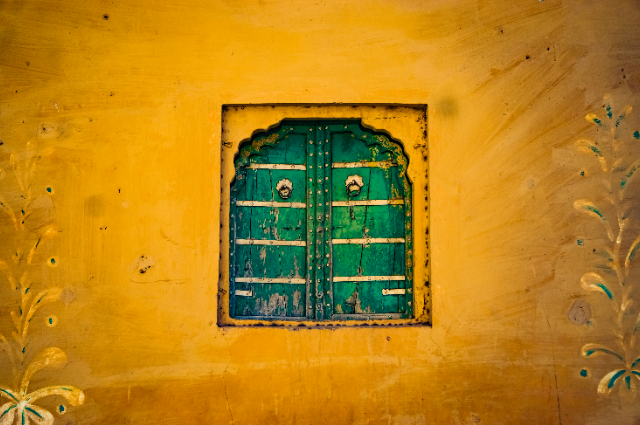
Photo by Abhinav Srivastava on Unsplash
Introduction
India is a country known for its rich cultural heritage and diverse traditions that have been passed down through generations. However, in recent years, there has been a noticeable decline In the importance placed on these cultural practices and traditions. This erosion can be attributed to a variety of factors, including globalization, urbanization, and changing societal norms. In this essay, we will explore the reasons behind this decline and its implications for Indian society.
Globalization and Modernization
One of the primary reasons for the erosion of culture and tradition in India is the impact of globalization and modernization. With the rapid spread of Western culture and values through the internet, television, and social media, younger generations are increasingly exposed to different customs and lifestyles that are often at odds with traditional Indian practices. As a result, many young people are more inclined to adopt Western ways of living, leading to a dilution of their cultural identity.
Moreover, the rise of consumerism and materialism in Indian society has also played a significant role in the erosion of traditional values. As people become more focused on acquiring wealth and material possessions, they often prioritize individual success over communal well-being, leading to a breakdown of community bonds and traditional social structures.
Urbanization and Migration
Another factor contributing to the loss of culture and tradition in India is the rapid pace of urbanization and migration from rural to urban areas. As more people move to cities in search of better economic opportunities, they often leave behind their traditional way of life and adopt a more Westernized lifestyle. This migration has led to a disconnection from rural roots and a loss of connection to ancestral traditions.
Furthermore, the homogenization of urban spaces has led to the erosion of regional diversity and the blending of distinct cultural practices. As cities become more cosmopolitan and multicultural, traditional customs and rituals are often overshadowed by more universal, mainstream practices.
Changing Social Norms
The changing social norms and values in Indian society have also contributed to the erosion of culture and tradition. With the increasing emphasis on individualism, secularism, and gender equality, many traditional customs and practices are seen as outdated or irrelevant in modern times. For example, practices such as arranged marriages, joint families, and caste-based discrimination are increasingly being questioned and challenged by younger generations who prioritize personal autonomy and social equality.
Moreover, the influence of Western ideologies and feminist movements has led to a reevaluation of traditional gender roles and expectations. As women assert their rights and demand equal treatment in society, many patriarchal practices and beliefs are being challenged and dismantled, leading to a shift in cultural norms and values.
Implications for Indian Society
The erosion of culture and tradition in India has significant implications for the country’s social fabric and identity. As traditional practices and customs are gradually lost or forgotten, there is a risk of cultural homogenization and the erosion of cultural diversity. This not only diminishes the unique cultural heritage of India but also has a negative impact on social cohesion and unity.
Furthermore, the erosion of traditional values can lead to a loss of moral guidance and ethical principles in society. Many cultural practices and traditions serve as moral compasses and provide guidelines for ethical behavior. When these traditions are no longer respected or practiced, there is a risk of moral relativism and a decline in social cohesion.
Moreover, the erosion of culture and tradition can also have economic implications for India. Many traditional crafts, arts, and practices are important sources of livelihood for millions of people in the country. As these traditions fade away, there is a risk of economic displacement and loss of cultural capital, leading to a decline in traditional industries and heritage.
Conclusion
In conclusion, the erosion of culture and tradition in India is a multifaceted phenomenon with deep-rooted causes and far-reaching implications. As the country grapples with the challenges of globalization, urbanization, and changing social norms, it is important to recognize the value of traditional practices and customs in preserving India’s cultural heritage and identity.
Efforts must be made to revitalize and safeguard traditional practices, promote cultural diversity, and support the livelihoods of those who rely on traditional industries. By preserving and celebrating India’s rich cultural heritage, we can ensure that future generations continue to cherish and uphold the traditions that make our country unique and vibrant.
